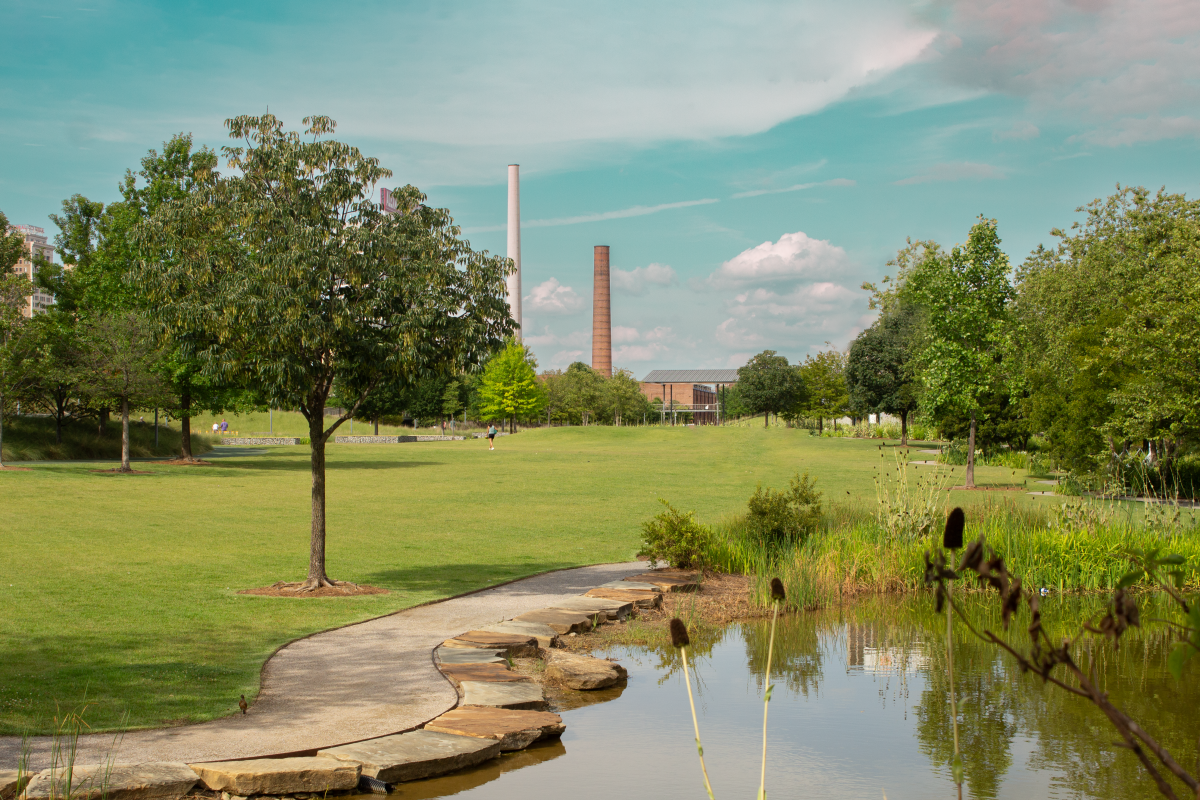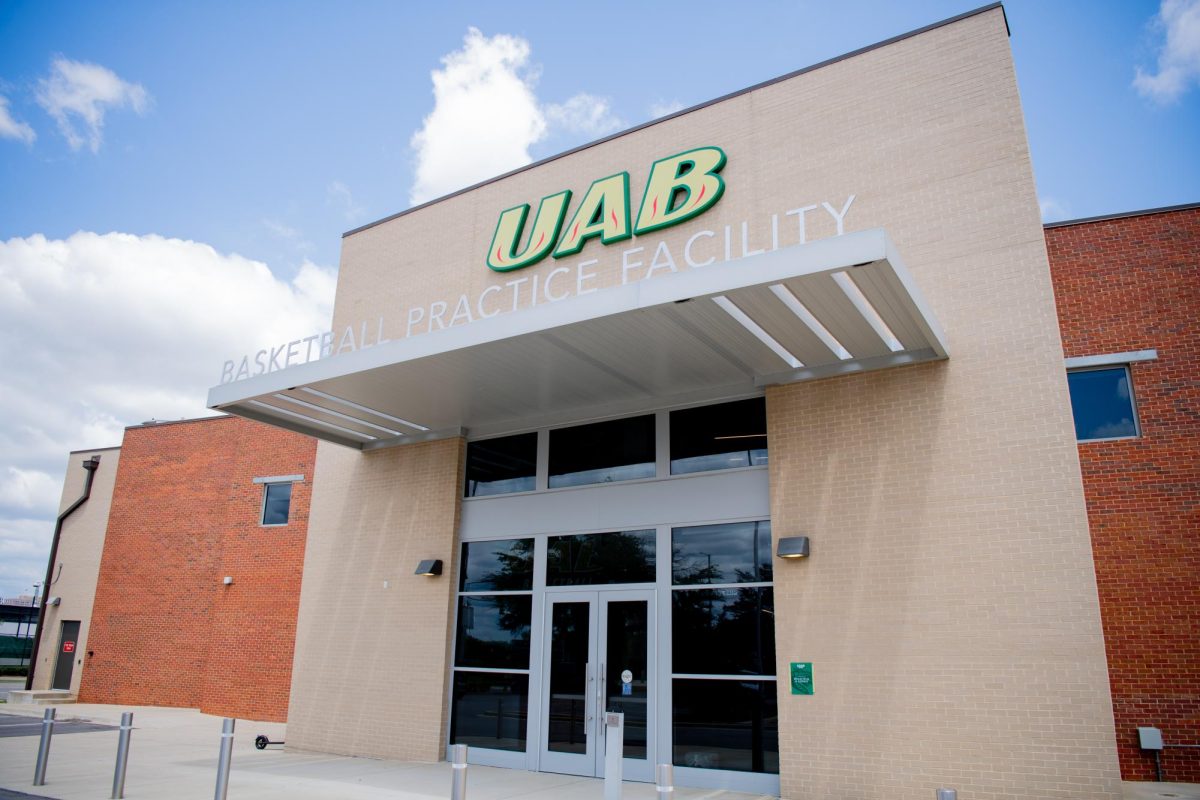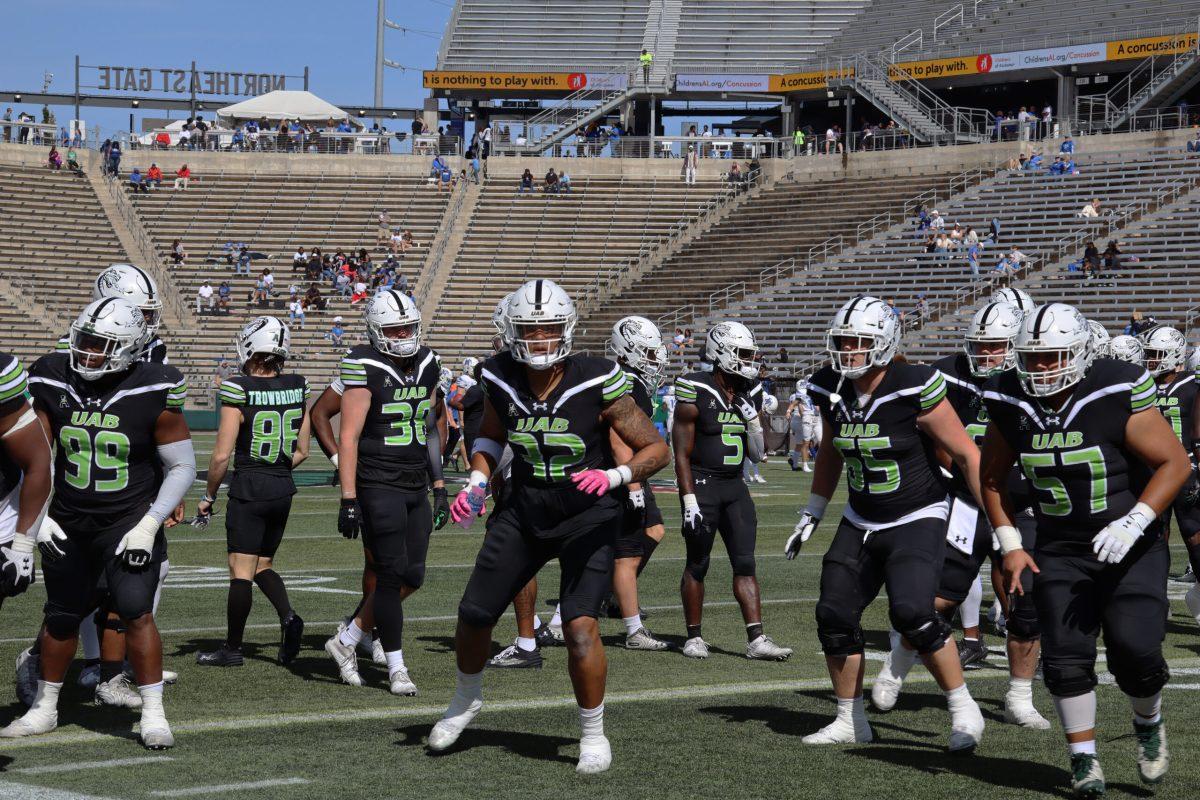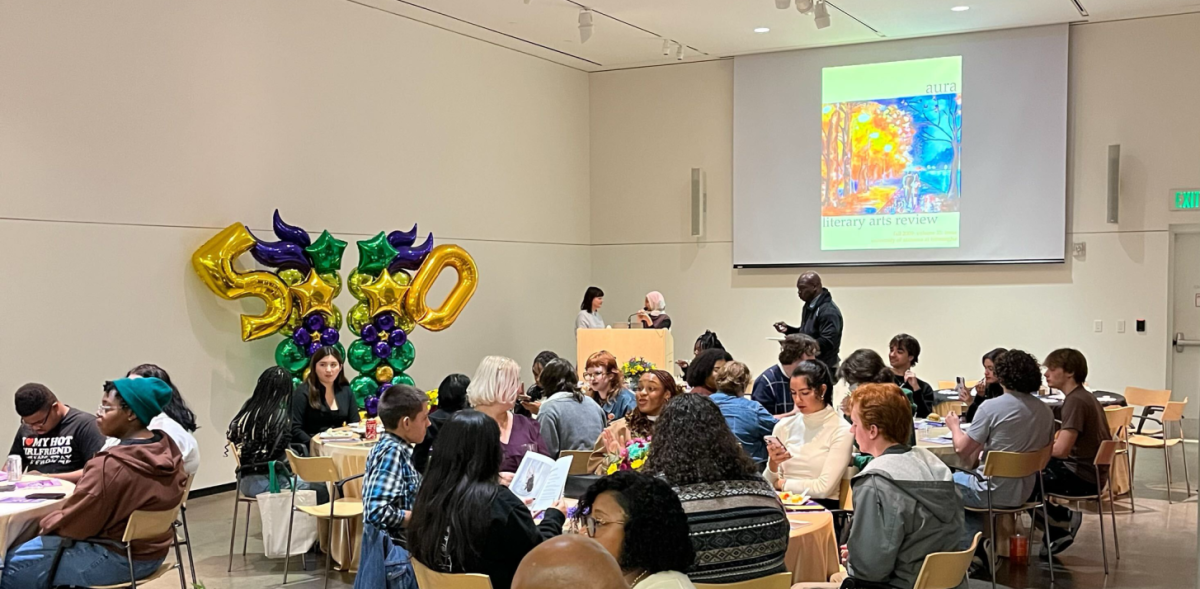
McDonald, Opinions Columnist
Robert Bentley announced his resignation on April 10. Along with it came headlines analyzing official investigation reports detailing his affair and related corruption. As charming as geriatric sexting is, it’s the casual corruption the Luv Guv displays that presents a familiar problem recurring in Alabama politics.
Governor Lovin’ Her may be making headlines in 2017 for his corruption, but it was just last year that the former Speaker of the Alabama House of Representatives, Mike Hubbard, was found guilty of violating the very ethics laws he helped pass. Hubbard was subsequently removed from his position.
Around the same time Hubbard was removed from office, Chief Justice of the Alabama Supreme Court, Roy Moore, was also removed from his office for refusing to issue marriage licenses to same-sex couples after the ban had been overturned. That means within the last two years, the three most powerful people in each of Alabama’s three branches of government were involved in scandals resulting in their termination from their office.
If you think this is just a weird coincidence, then you are sadly unfamiliar with the current state of Alabama politics. Alabama is notoriously corrupt and has a long history of proof to back that up.
Until a federal court decision was passed down in 1962 forcefully ordering the periodic reapportionment of the state legislature, Jefferson County, the most populated county in the state of Alabama, only had one state senator. The state legislature resisted reapportionment for decades in an attempt to remain in power. Today, eight state senators have districts that include Jefferson County.
Why was Jefferson County lacking appropriate representation for so long? For most of the 20th century, Alabama politics were controlled by the Black Belt-Big Mule coalition. The Black Belt faction of the coalition held disproportionate power in the Alabama legislature because of an old formula used for reapportionment in the 1901 Constitution of Alabama.
The Big Mules were a group of wealthy, elite industrialists mainly centered on Alabama’s urban areas. According to Anne Permaloff of Auburn University at Montgomery, the two factions joined forces to create a low-wage labor force, low taxes, tax exemptions and low levels of government spending to maintain their social and economic power at the expense of the general population of the state.
This disregard for ethics, blatant corruption and desire for power are recurring themes in Alabama politics, and they have been deeply ingrained in the mindset of this state that it’s impossible to escape it. Alabama’s current corruption is not a coincidence; it’s business as usual behind closed doors in Montgomery. This issue is so systemic and hopeless that most people treat it like a joke and give it little thought otherwise. In reality, the decisions of corrupt politicians harm all of us in the end – and some of us far more than others. As long as Alabamians continue to accept corruption and dysfunction as the status quo for entertainment instead of taking serious issue with it, we will continue to be an embarrassment not only to the country as a whole, but to ourselves as well.
Connor McDonald can be reached at [email protected].






































